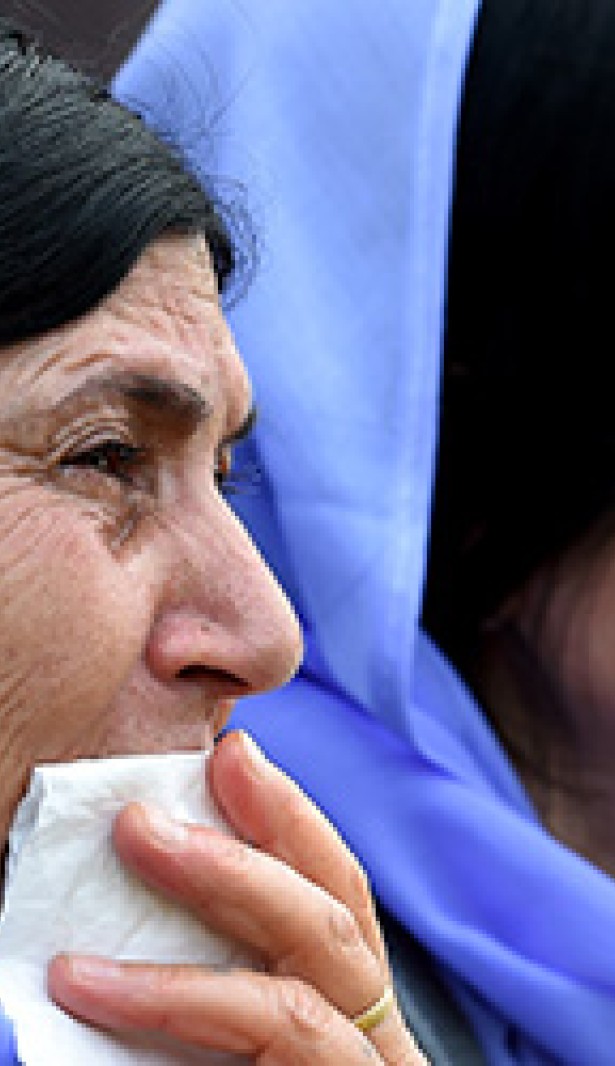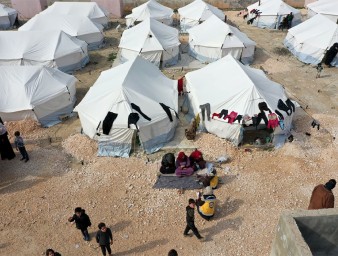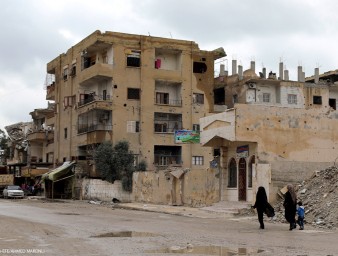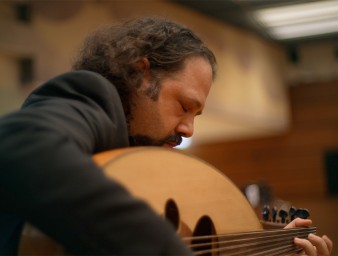Too long a wait for peace and justice - Commission of Inquiry
01 July 2016
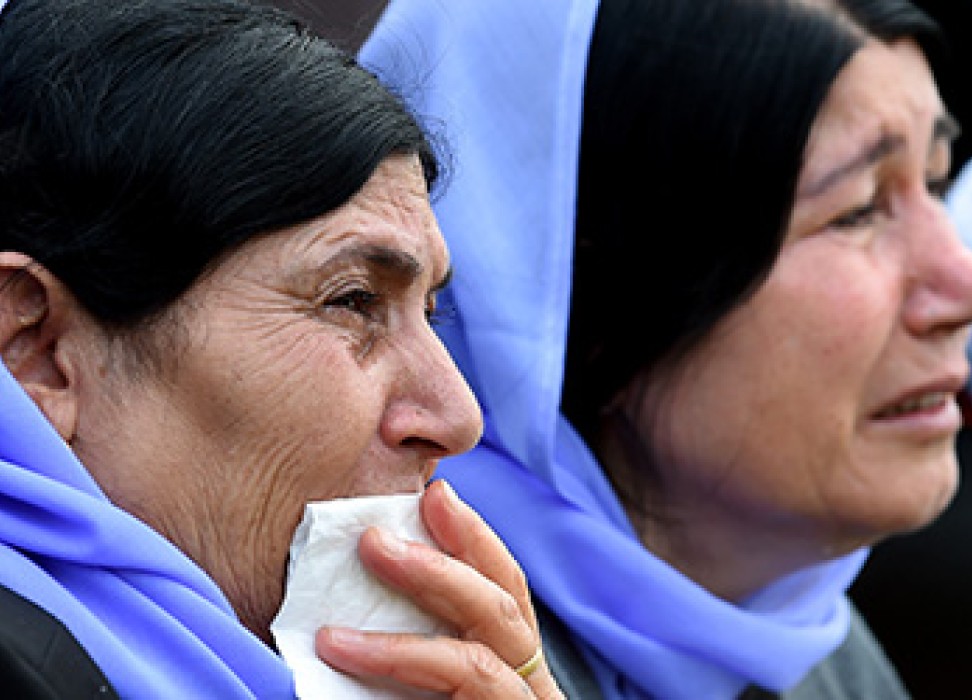
The so-called Islamic State of Iraq and Al-Sham (ISIS) is committing genocide against Yazidis, according to a report, “They Came to Destroy: ISIS Crimes Against the Yazidis”, issued on 16 June by the independent international Commission of Inquiry on the Syrian Arab Republic. The report by the Commission of Inquiry also determined that ISIS’s abuse of Yazidis amounts to crimes against humanity and war crimes.
Following the killing and forced conversions of Yazidi men and boys over the age of 12, ISIS forcibly transferred thousands of Yazidi women and children from Iraq into war-torn Syria where they are held captive. The vast majority of women and girls, aged 9 and above, are held in sexual slavery. Yazidi boys, on reaching the age of 7, are taken from their mothers and recruited into ISIS training camps across Syria where they are indoctrinated. ISIS committed these acts, the Commission determined, with the intent to destroy the Yazidis of Sinjar, comprising the majority of the world’s Yazidi population, in whole or in part.
Paulo Sérgio Pinheiro, the Commission’s Chair, described what Yazidi women and girls as young as nine endure: sexual enslavement, slavery, brutal rapes, beatings, and extremely limited access to adequate food, water, and medical care. They are continually insulted and degraded on the basis of their religion.
“They are bought and sold in markets, passed from fighter to fighter like chattel, their dignity being ripped from them with every passing day,” he said. “Boys are taken from their mothers’ care and forced into ISIS training camps once they reach the age of seven. ISIS public statements overtly show its intent to destroy the Yazidi as a group.” The Commission based its finding on scores of interviews with survivors, religious leaders, activists, medical personnel, journalists, and smugglers, as well as documents.
“The threat that genocide poses to international peace and security must lead to much more assertive action by the international community and especially by the Security Council, which is in the position to adopt measures to stop the genocide,” Pinheiro said. The Commission has called once more for the urgent referral of the situation in Syria to international criminal justice.
During its oral update to the Human Rights Council in Geneva in June, the Commission urged the UN Security Council and warring parties to resume peace talks and come to a political resolution to the conflict.
Since 2011, the war in Syria has caused countless civilian deaths, and the displacement of half of the population. Tens of thousands of displaced remain trapped between frontlines and Syria’s northern and southern borders. Six hundred thousand people are still believed to be trapped in cities under siege where starvation is used as a weapon of war. Humanitarian aid has only been able to reach half of the besieged.
“A 12-year-old refugee girl from Madaya showed the Commission the will she wrote when she thought she was going to die of hunger. In it, she asked her mother to remember her laughter,” Pinheiro recounted.
He pointed out that some of the children in Aleppo and Idlib were born during the war and died without seeing an end to the conflict.
Civilian infrastructure such as schools, mosques, water stations and hospitals are all being destroyed by daily targeted airstrikes by Government forces and terrorist groups. According to the commissioners, over 700 doctors and medical personnel have been killed in attacks since the beginning of the conflict.
The Commission recommends a set of measures that could be agreed by all parties to the conflict to reach a peaceful resolution such as ending indiscriminate bombings and granting humanitarian access to populations under siege.
“Victims are calling for accountability. The response to their quest for justice must echo in the corridors of power, including at the level of the Security Council,” Pinheiro said. “But accountability in a larger sense is broader than criminal justice. It is a long term process that must be nurtured and rooted in basic respect for international rule of law.”
1 July 2016
